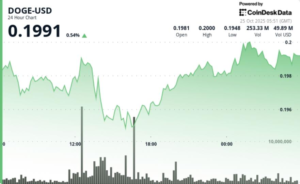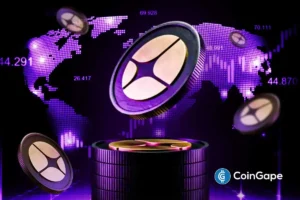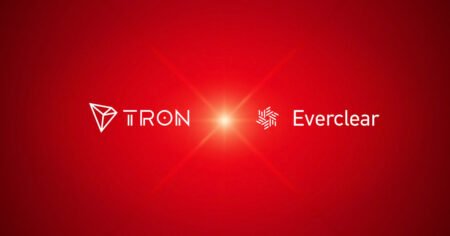Ferrari is set to expand its digital assets payment scheme for luxury sports cars to its European dealer network at the end of this month. This initiative follows the successful launch of the program in the United States last year and is part of Ferrari’s plan to expand it to other dealers within its international network by the end of 2024, provided cryptocurrencies are legally accepted in those regions. The move by Ferrari to accept digital asset payments was driven by demands from its affluent clientele, who are increasingly interested in using cryptocurrencies for high-end purchases.
The decision to accept digital asset payments aligns with Ferrari’s commitment to achieving carbon neutrality by 2030, according to Enrico Galliera, the company’s Chief Marketing and Commercial Officer. In the United States, Ferrari partnered with BitPay, a major crypto payment processor, to ensure the immediate conversion of digital payments to traditional currency. This conversion protects dealers from price volatility and additional client fees, making the transition to digital assets seamless and secure for all parties involved.
The success of the digital payment scheme in the United States has led to Ferrari’s announcement to extend it to Europe, with most European dealers already adopting or in the process of adopting the new payment system. This move reflects the increasing acceptance of digital currencies within the luxury automotive market across different regions, despite the challenges posed by regulatory hurdles and market volatility. While Ferrari has not disclosed if it will collaborate with different payment processors for its European operations and other regions, the expansion of crypto payments within the automotive industry is a promising trend.
Tesla’s decision in 2021 to accept Bitcoin as payment for its electric vehicles set the tone for other luxury brands to embrace digital assets for purchases. While Tesla later suspended the program due to environmental concerns related to Bitcoin mining, other companies such as Classic Recreations and SASS Auto Group in Canada have also started accepting cryptocurrencies for car purchases. Platforms like CryptoExchange facilitate crypto transactions for multiple luxury brands, offering a seamless exchange, escrow service, and product marketplace for crypto users.
Companies like Ferrari are mitigating the risk of crypto volatility by partnering with established payment processors like BitPay, which converts crypto payments into traditional currency swiftly. This approach reduces the capital hold time for dealers, allowing them to receive fiat funds within 24 hours of a sale, compared to the conventional 30-day wait or longer. The integration of crypto into the automotive market offers advantages for both dealers and consumers, providing enhanced security and privacy through blockchain technology and streamlining the payment process for high-end purchases.
As the automotive industry continues to explore crypto payment options, it is likely that additional automakers and dealerships will follow suit, transforming the industry and offering new opportunities for retailers and consumers alike. Despite the potential benefits, the industry will need to navigate challenges such as regulatory compliance and market volatility as it further integrates digital assets into its payment systems. Overall, the expansion of crypto payments within the luxury automotive market signals a shifting landscape towards digital currencies and new possibilities for high-end purchases.

















